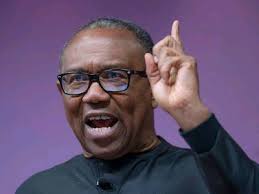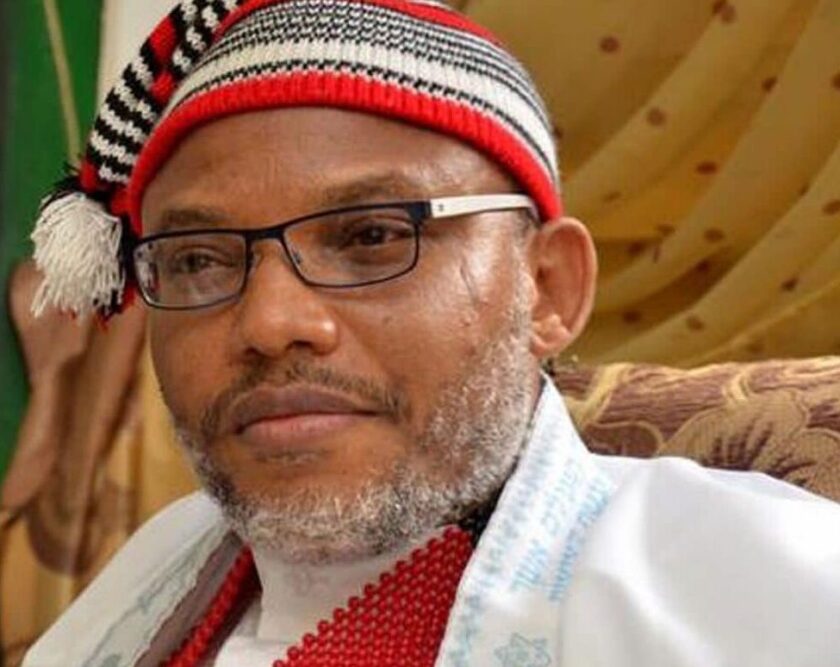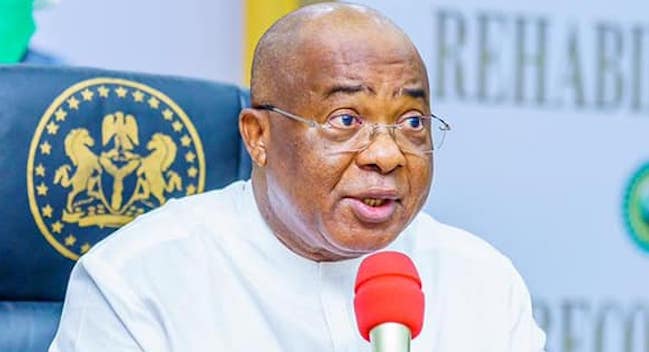
By Fred Chukwuelobe
I don’t know why I am not able to sleep these days. Maybe “the trouble with Nigeria” is keeping me awake most often. No matter how late I go to bed, I am usually up by this time: 3am. I woke up now to use the restroom and decided to catch up with social media news, and there’s plenty of it.
The ruling All Progressive Congress (APC) warning to Peter Obi to stop interfering in the affairs of the state caught my attention. The Labour Party presidential candidate in the last election is in opposition. In that position, he criticises everything the government of President Bola Tinubu does. He criticized the President’s “10-day working visit” to the UK and France, saying, for frequently leaving the country, the President finds Nigeria unconducive for a long stay.
The latest criticism, typically, has been met with scathing rebuke by supporters of the President, who questioned his constant criticism of the administration. But what the critics failed to understand is that the man they are defending was once an opposition politician and didn’t spare the government in power then. He at a point went into exile ostensibly to avoid being arrested by the military junta of former head of state, Gen. Sani Abacha, which he criticized too.
If Peter Obi tomorrow becomes President and in government, those in opposition will also criticize him and his policies as he currently does. It is called politics and those not in government engage in it.
To help us make sense out of it, I turned to Artificial Intelligence (AI) for answers. I asked AI, “What is the job of opposition politician?” This is what AI told me:
“The job of an opposition politician is multifaceted and crucial in a democratic system. Here are some key responsibilities:
– Holding the government accountable: Scrutinizing government policies, questioning decisions, and exposing corruption or abuse of power through parliamentary debates and committee work.
– Providing alternative perspectives: Developing comprehensive policy proposals and presenting alternative visions for the nation’s future, covering areas like economy, healthcare, education, and foreign policy.
– Representing diverse interests: Championing the rights of marginalized groups, minority communities, and those excluded from mainstream discourse, ensuring the government is responsive to all citizens’ needs.
– Shaping public discourse: Setting the agenda, raising important issues, framing debates, and challenging the government’s narrative through parliamentary procedures, media appearances, and public campaigns.
– Preparing for government: Demonstrating leadership potential, building a strong team, and developing a clear plan for governance to present a credible alternative to the ruling party.
-*Promoting transparency and accountability: Demanding access to information, challenging secrecy, and exposing corruption or mismanagement to ensure good governance.
-Acting as a safety valve: Providing a channel for dissent and preventing tensions from escalating into violence, maintaining social stability and preventing breakdown of order.
Some specific tasks opposition politicians perform include
– Questioning government decisions: Utilizing tools like question time, adjournment motions, and no-confidence votes to challenge government policies and performance.
– Developing alternative policies: Engaging with civil society organizations, academics, and experts to gather information and build support for their agenda.”
Although some of the above involve opposition in a parliamentary system, the key points are that it is within his rights to oppose the government in power and criticize its policies, and, if he gets into power, he too will be criticized like he’s doing now. As Governor, Anambra State, he was criticized and his policies continue to receive criticism years after he left office.
So, for those threatening him and asking him to step aside and leave the government alone, this is for you: He has the inalienable right to criticise the President and the policies of his government. It is within his rights to do so. It is not an offence.
It is all politics or opposition politics, as it is in this case. Don’t tell me, “He has to be constructive in his criticisms.” Only he can determine that. The issue of constructive criticism is subjective. It depends on who is making the judgement. Those being criticized will never agree that the criticism is constructive. Those agreeing will always see it as constructive and objective. The point is that, in any democracy, opposition is key to put the government in power in check and hold it to account. Otherwise, it will become autocratic and authoritarian.




